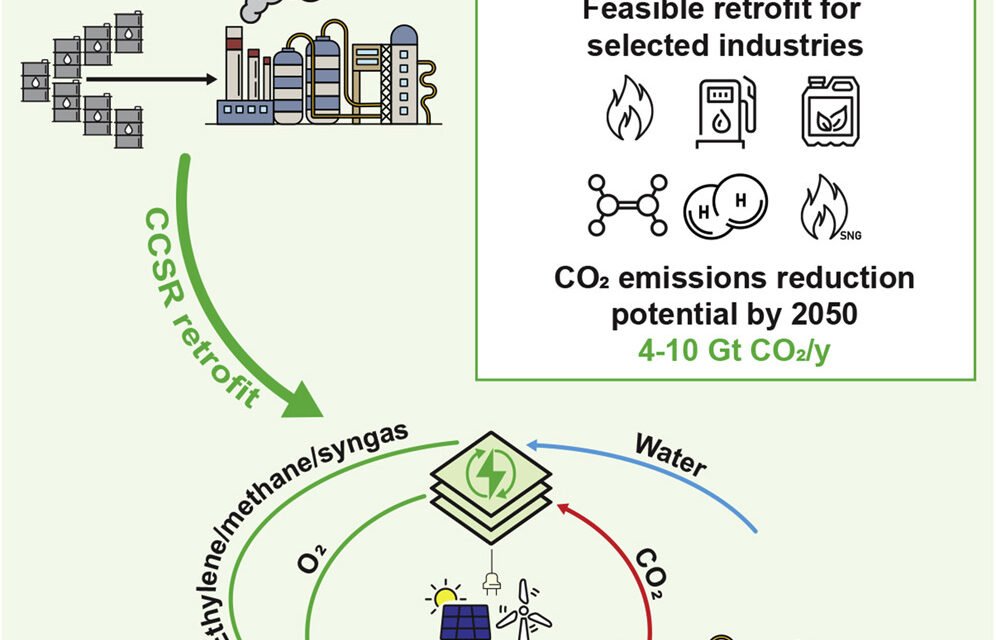The chemical industry is at the forefront of global efforts to achieve carbon neutrality, leveraging innovation, collaboration, and advanced technologies to reduce greenhouse gas (GHG) emissions and transition toward sustainable operations. As one of the largest contributors to industrial emissions, the sector faces immense pressure to adopt practices that align with global climate goals, including those set by the Paris Agreement. Here’s how the industry is making strides toward a carbon-neutral future:
Transition to Renewable Energy Sources
Many chemical companies are investing in renewable energy to power their operations, replacing fossil fuels with solar, wind, and hydroelectric sources. By transitioning their energy-intensive processes to renewables, firms are significantly reducing their carbon footprints. Green electricity procurement and on-site renewable installations are becoming standard practices.
Green Hydrogen and Carbon-Free Feedstocks
The shift to green hydrogen—produced using renewable energy—is a game-changer for the chemical sector. Green hydrogen is being utilized as a clean feedstock and fuel for energy-intensive processes, such as ammonia and methanol production. Additionally, bio-based and recycled feedstocks are replacing traditional petrochemical inputs, driving circular economy practices.
Carbon Capture, Utilization, and Storage (CCUS)
Carbon capture, utilization, and storage technologies are being widely adopted to capture emissions from chemical plants and either sequester them underground or convert them into useful products. CCUS technologies are enabling companies to offset emissions while exploring innovative uses for captured CO₂, such as in the production of synthetic fuels and polymers.
Process Optimization and Energy Efficiency
Digital transformation is playing a critical role in decarbonization efforts. Advanced analytics, AI, and IoT-enabled systems are optimizing chemical processes to minimize energy consumption and reduce waste. Real-time monitoring and predictive maintenance further enhance operational efficiency, ensuring lower emissions.
Circular Economy and Recycling Initiatives
Circular economy principles are transforming the way the chemical industry operates. Companies are developing advanced recycling technologies, such as chemical recycling, to break down plastic waste into its molecular components for reuse. This not only reduces the demand for virgin feedstocks but also minimizes emissions associated with waste disposal.
Sustainable Product Development
The industry is innovating in the development of low-carbon and sustainable products. Bio-based chemicals, biodegradable polymers, and lightweight materials for electric vehicles are examples of how companies are creating environmentally friendly solutions while reducing lifecycle emissions.
Collaboration and Net-Zero Commitments
Many chemical companies are joining global initiatives like the Science-Based Targets initiative (SBTi) and committing to net-zero emissions by specific target years. Collaborations with governments, NGOs, and academic institutions are accelerating the development and deployment of cutting-edge green technologies.
Decarbonizing Supply Chains
Efforts to decarbonize the supply chain include sourcing raw materials sustainably, optimizing logistics, and encouraging suppliers to adopt carbon-neutral practices. Blockchain and other tracking technologies are enhancing transparency and accountability in these efforts.
Investing in Research and Innovation
R&D is driving the discovery of breakthrough technologies to achieve carbon neutrality. From alternative catalysts that reduce energy consumption to innovative chemical processes with lower emissions, continuous investment in innovation is critical to achieving climate goals.
Policy Support and Incentives
Governments worldwide are introducing policies, subsidies, and carbon pricing mechanisms to encourage the chemical industry to adopt greener practices. Compliance with these regulations is not only a necessity but also an opportunity for companies to gain a competitive edge.
By integrating these strategies into their operations, the chemical industry is transforming itself into a key enabler of a sustainable, low-carbon economy. While challenges such as high initial costs and technological scalability remain, the industry’s commitment to innovation and sustainability is paving the way for a carbon-neutral future.










